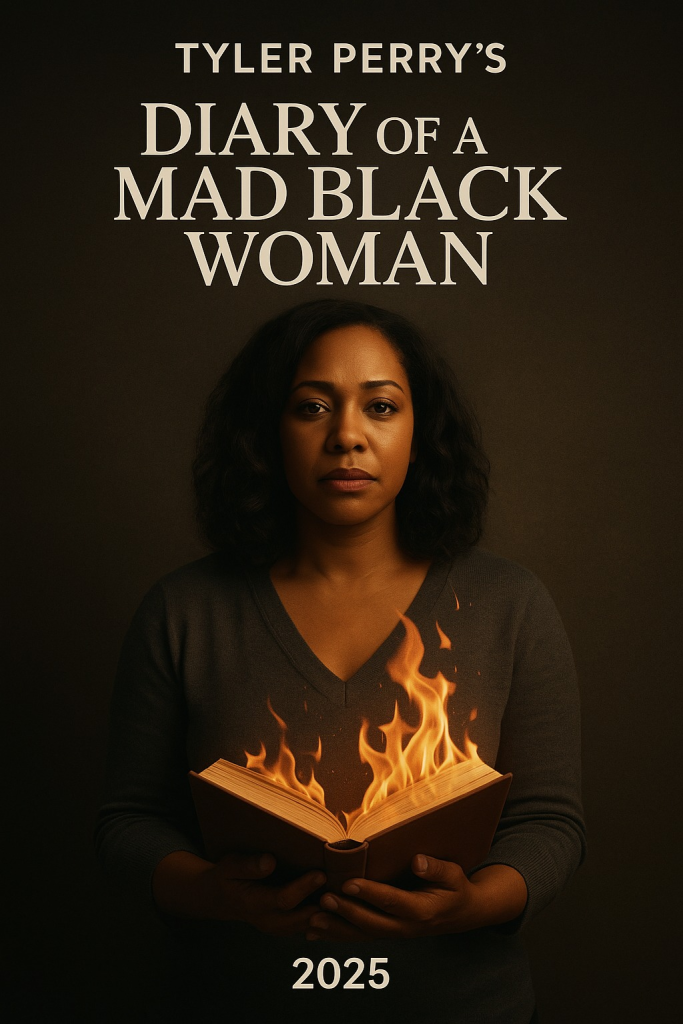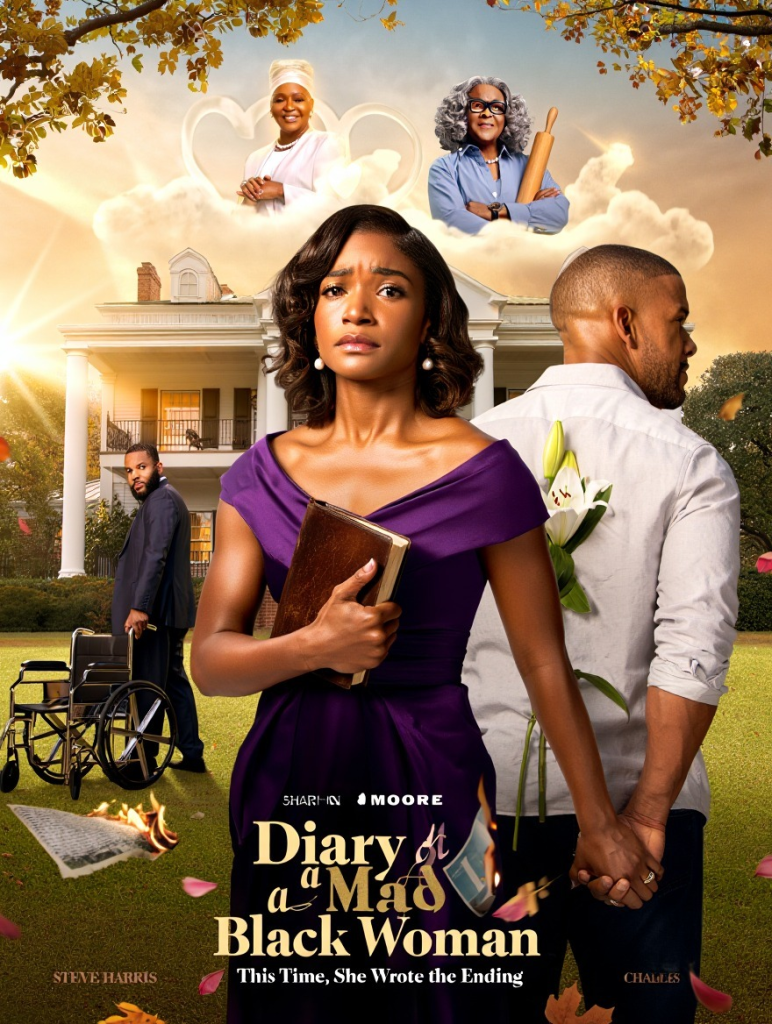Diary of a Mad Black Woman 2: Her Voice, Her Victory (2025) is a powerful and emotionally triumphant sequel that continues the story of Helen McCarter, now a transformed woman who has turned her pain into purpose. Set years after she walked away from the betrayal and heartbreak of her former marriage, the film explores themes of healing, empowerment, forgiveness, and what it means to fully reclaim your life as a Black woman in a world that tried to silence you.

Helen (Kimberly Elise) is thriving—on the outside. She’s an author, speaker, and advocate for women escaping abusive relationships, using her platform to help others find the strength she once had to rediscover. But beneath the surface, Helen still wrestles with wounds left by her ex-husband Charles’ cruelty, the guilt of her past choices, and the pressure of being a symbol of resilience for so many.
When her now-teenage stepdaughter unexpectedly returns to her life, bringing with her a painful secret and a familiar cycle of abuse, Helen is forced to confront just how deeply generational trauma runs—and how hard it is to break it. Her journey becomes not just one of protection, but of rediscovery, as she must dig deeper into her own unresolved grief, anger, and buried dreams.
Madea (Tyler Perry), as bold and hilarious as ever, returns with tough love, biting wisdom, and a few unexpected lessons of her own. Alongside her are fan-favorite characters like Aunt Myrtle and Brian, who bring levity and support while encouraging Helen to stop surviving—and start living.

The film’s emotional arc intensifies when Helen is invited to speak at a major women’s empowerment summit, but an unexpected reappearance of Charles (now a changed man, or so he claims) threatens to unravel everything she’s built. Faced with the choice to forgive or to finally let go, Helen must decide what victory truly looks like: revenge, reconciliation, or freedom.
Her Voice, Her Victory is a stirring blend of heartfelt drama, spiritual reckoning, and the trademark humor that defines Tyler Perry’s storytelling. It reminds viewers that strength isn’t just about surviving heartbreak—it’s about owning your voice, rewriting your story, and walking boldly into the life you choose.
The film ends not with a fairytale, but with something more powerful: a woman fully in command of herself, surrounded by sisterhood, grounded in faith, and no longer mad—just free.
